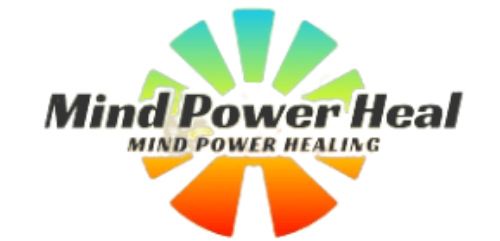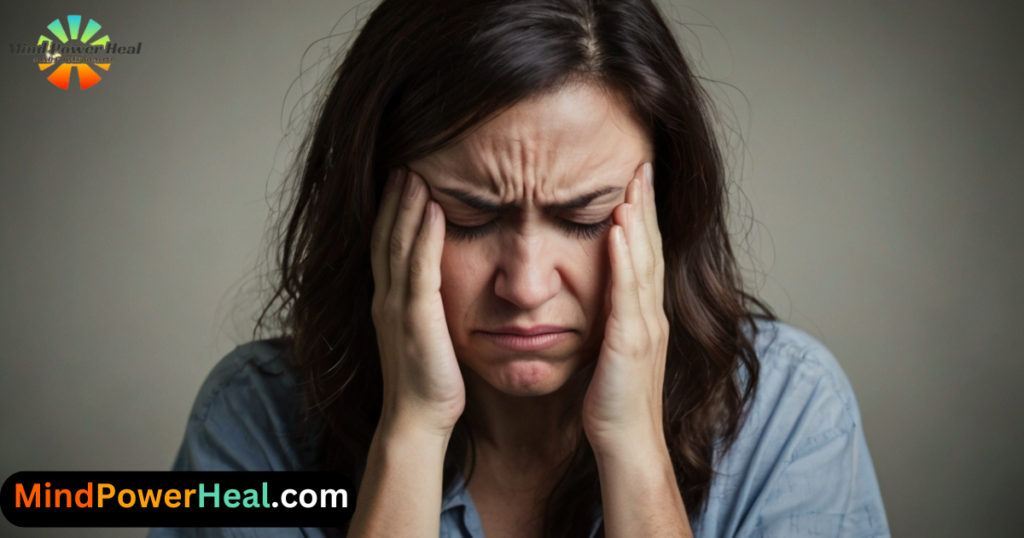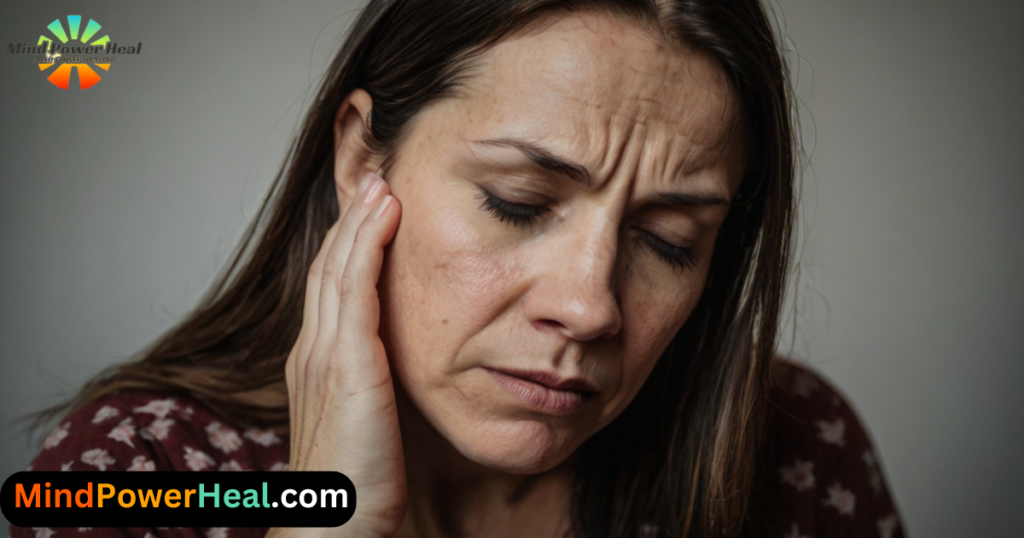Understanding depression symptoms anger irritability is crucial for recognizing and addressing this mental health condition. Depression is often associated with sadness and hopelessness, but it can also manifest through intense anger and irritability. These symptoms can significantly impact relationships, work, and daily functioning. In this article, we will explore depression symptoms like anger and irritability in detail, provide relevant examples, and compare mind power healing with medication as treatment options.
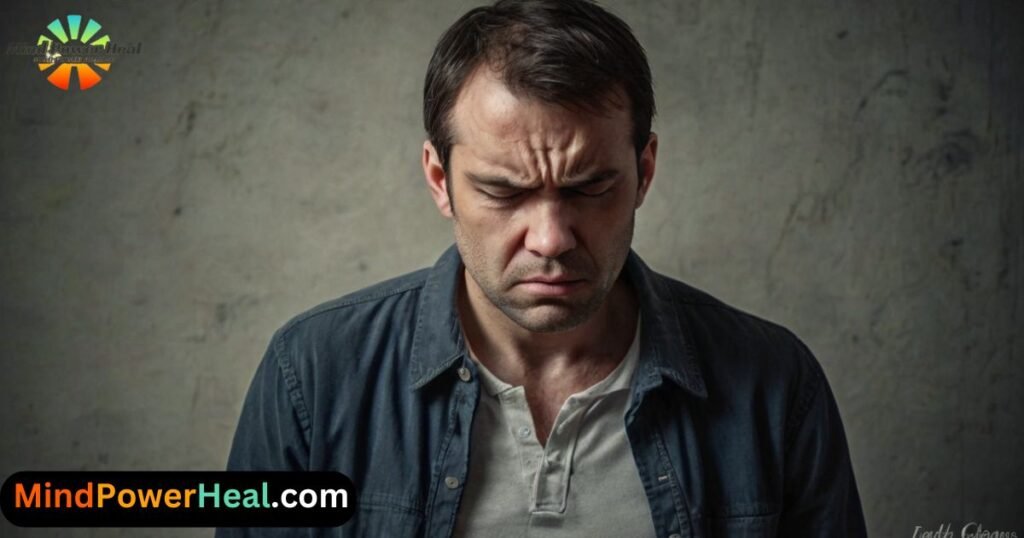
Depression Symptoms Anger Irritability
Anger in Depression
Anger is a less commonly recognized symptom of depression but can be quite prevalent. It can manifest as frequent outbursts, frustration, or feelings of rage.
Example: John, who has been diagnosed with depression, often finds himself exploding in anger over minor inconveniences, such as traffic jams or misplaced items. His anger is intense and disproportionate to the situation, leading to strained relationships with his family and friends.
Irritability in Depression
Irritability is another common symptom of depression, characterized by a heightened sensitivity to stress and a low tolerance for frustration. Individuals may feel on edge and easily annoyed.
Example: Maria has been feeling irritable for several months. She becomes easily annoyed by her children’s behavior and often snaps at her co-workers for trivial reasons. This constant irritability has made her social interactions challenging and her work environment tense.
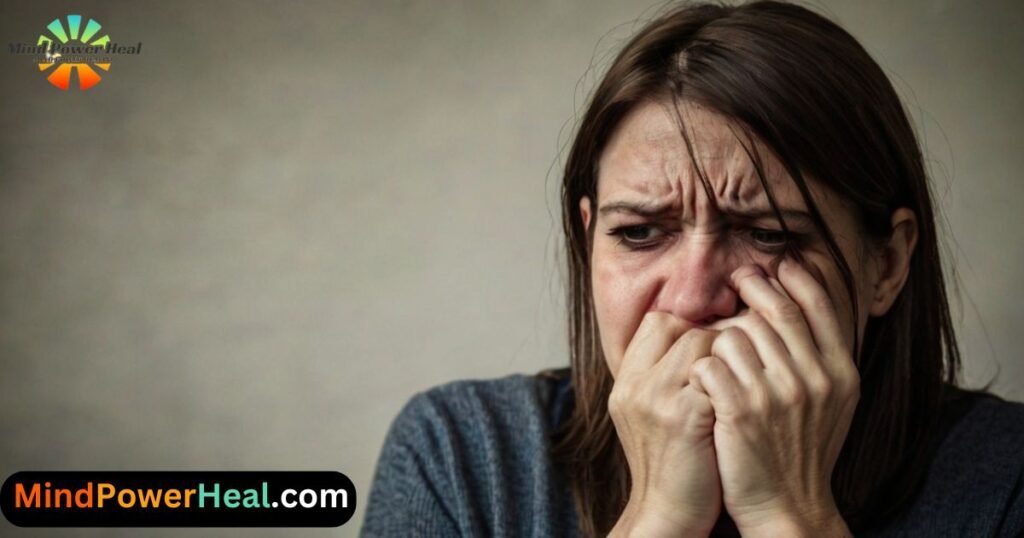
How Depression Causes Anger and Irritability?
Biological Factors:
Imbalances in brain chemicals such as serotonin and norepinephrine can affect mood regulation, leading to increased anger and irritability.
Psychological Factors:
Negative thought patterns and feelings of helplessness and worthlessness can contribute to frustration and anger.
Social Factors:
Stressful life events, social isolation, and strained relationships can exacerbate feelings of anger and irritability.
Comparison Table: Mind Power Healing vs. Medications for Anger and Irritability in Depression
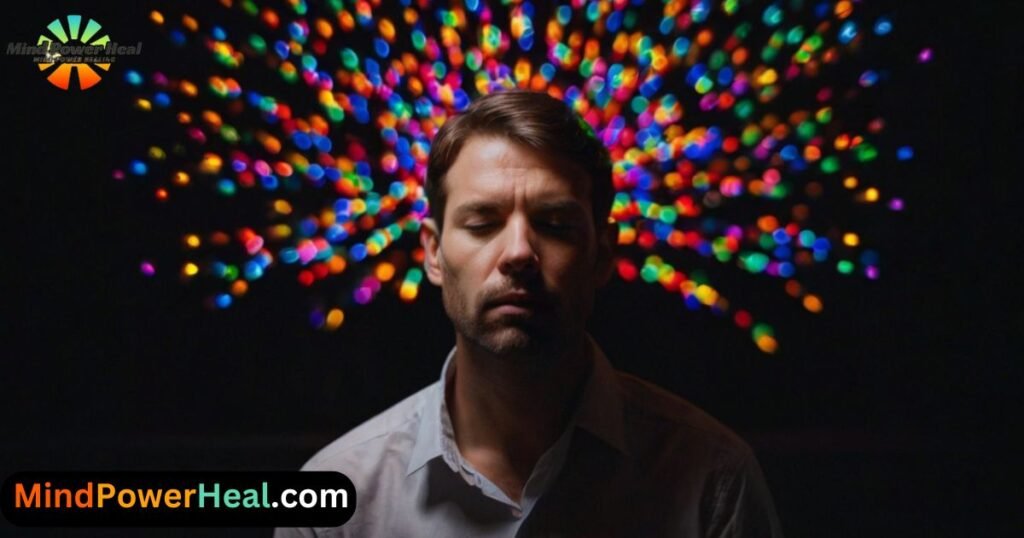
| Aspect | Mind Power Healing | Medications |
|---|---|---|
| Definition | Techniques that harness the mind’s power for healing, such as mindfulness, meditation, and cognitive behavioral therapy (CBT). | Pharmacological treatments, including antidepressants and mood stabilizers. |
| Approach | Holistic, focusing on mental, emotional, and physical well-being. | Biological, targeting neurotransmitter imbalances in the brain. |
| Side Effects | Generally low to none, depending on the specific practice. | Potential for various side effects, including weight gain, sexual dysfunction, and more. |
| Accessibility | Can be practiced at home or with a therapist, often requiring no prescription. | Requires a prescription and ongoing medical supervision. |
| Cost | Often low-cost or free, though therapy sessions may incur expenses. | Costs can vary; some medications are expensive and may not be fully covered by insurance. |
| Time to Effect | Can take time to see results, depending on the individual and consistency of practice. | Medications can take several weeks to show effects, but results may be more predictable. |
| Sustainability | Promotes long-term mental health and coping strategies. | Often requires long-term use to maintain benefits, with potential dependency issues. |
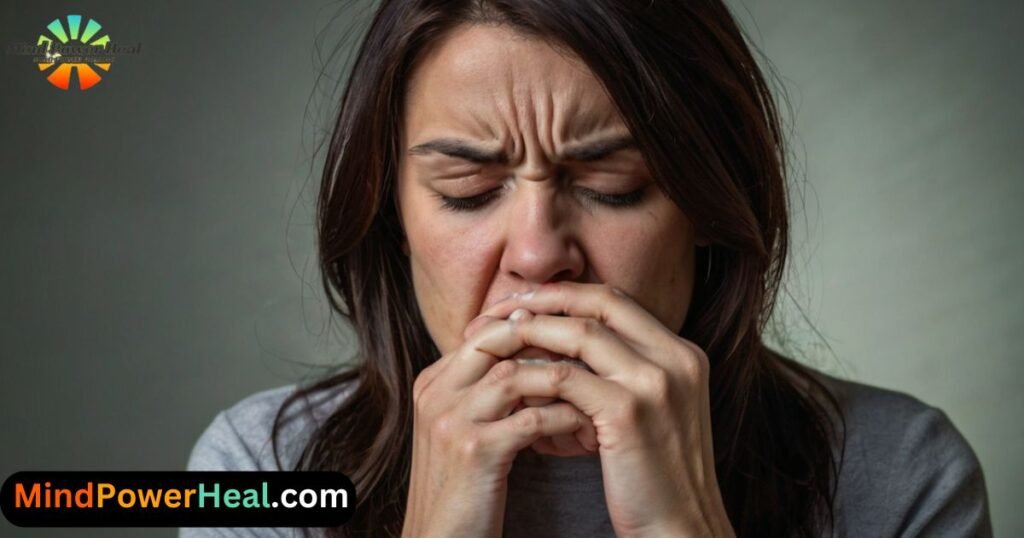
Conclusion
Recognizing and addressing depression symptoms anger irritability is vital for effective management and treatment. While these symptoms can be challenging to cope with, understanding their root causes and seeking appropriate treatment can significantly improve quality of life. Mind power healing offers a holistic and sustainable approach to managing these symptoms without the side effects associated with medications. On the other hand, medications can provide quicker relief but may come with potential drawbacks. The best approach often involves a combination of both methods, tailored to the individual’s needs and circumstances.
Google Suggested Questions related Depression Symptoms Anger Irritability

Can depression cause anger and irritability?
Yes, depression can cause anger and irritability. These symptoms are often overlooked but are common among individuals with depression. They can result from biological, psychological, and social factors associated with the condition.
How can I manage anger and irritability caused by depression?
Managing anger and irritability caused by depression can involve a combination of mind power healing techniques and medications. Practices such as mindfulness, meditation, and cognitive behavioral therapy (CBT) can help, along with prescribed antidepressants or mood stabilizers. It’s important to consult a healthcare professional for a tailored treatment plan.
Are there natural remedies for depression-related anger and irritability?
Yes, natural remedies such as mindfulness meditation, yoga, regular exercise, and a healthy diet can help manage depression-related anger and irritability. These practices promote overall mental and physical well-being and can be effective when integrated into daily routines.
How long does it take for treatment to reduce anger and irritability in depression?
The time it takes for treatment to reduce anger and irritability in depression varies. Mind power healing techniques may take several weeks to months to show significant results, depending on consistency and individual response. Medications may take a few weeks to show effects, but their impact can also vary among individuals.
Is therapy effective for depression symptoms like anger and irritability?
Yes, therapy, especially cognitive behavioral therapy (CBT), is effective for managing depression symptoms like anger and irritability. Therapy helps individuals understand and change negative thought patterns and behaviors, leading to improved mood regulation and coping strategies.
